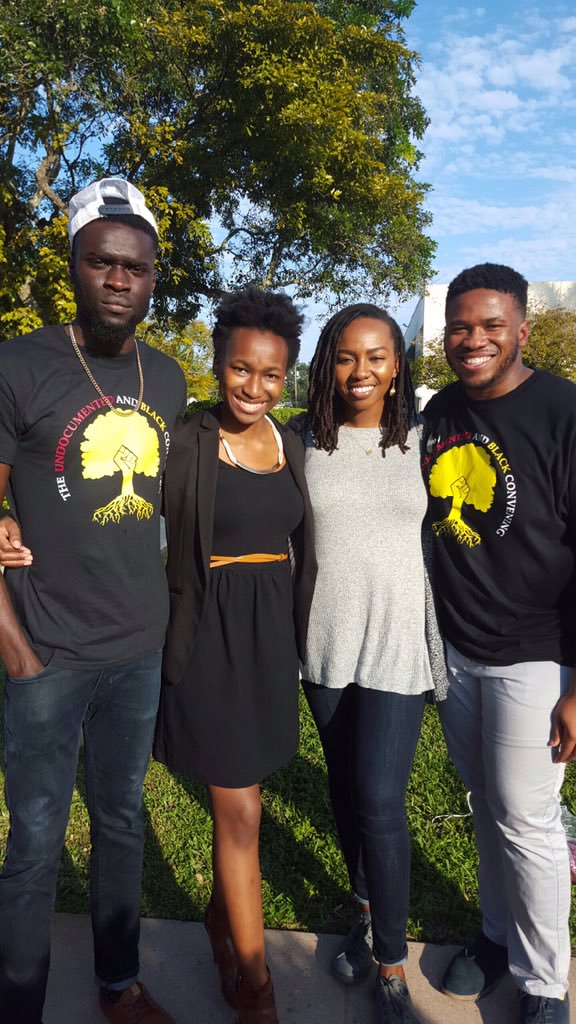I still remember it very clearly, the wound in the stomach, the stab in the heart. I was watching television with my then-girlfriend when the verdict came in. George Zimmerman, the man who shot and killed Trayvon Martin, was acquitted of the murder. I actually laughed in disbelief, as if someone had told me a particularly absurd joke. Then I changed the channel to a sitcom, because I was not ready to process this. I wanted to retreat into myself. I wanted desperately to NOT think about the implications of this.
Then, in the middle of the night, I woke up and started crying. I cried like I hadn’t in years, thinking not only of Trayvon and his poor family, but also of my young niece and nephew who are of mixed race. I remembered all of the times I had been profiled and stopped by the cops as a Black man, and I allowed myself to feel the combination of anger and deep sorrow that comes with acknowledging that, despite all of these years, it is still incredibly tough to be a Black person in the United States.

Yannick Diouf (left), Jamie Richards, Opal Tometi, Jonathan
Jayes Green. Credit: Opal Tometi
The twist of course, is that I am an undocumented Black man from Senegal. I am not a citizen, yet the death of Trayvon and the subsequent acquittal of his killer hit me personally. That is, because I know that to be Black in this country is to be automatically considered “suspicious” or “dangerous” regardless of national origin. In many ways, as an immigrant, I had to learn what it meant to be “Black” in the specific context of the United States of America, a country that was explicitly founded on White Supremacy, that incarcerates Black people at an unconscionable rate, and in which it is still important to affirm that “Black Lives Matter” because this simple truth is not a given.
As Black Undocumented folks, we are often an invisibilized species, a kind of “activist unicorn.” In migrants’ rights spaces, Latino voices are elevated. In the context of the Black Lives Matter movement, there is little room to share our stories of struggling with an immigration system whose injustices parallel and actually work in concert with the broader prison industrial complex. Yet, we matter deeply because our struggles are interconnected, and we can help to expose some of the deeper systemic inequities in this country. To wit, the same corporations (like the Corrections Corporation of America and the GEO group, just to name two) that have actively worked to make a profit from the incarceration of mostly poor Black and Latino youth in the name of fighting the bogus “War on Drugs,” also openly indicated that, as the “War on Terror” took off, they were going to consider “illegal immigrants” as their new cash cows. As such, they helped push through (and sometimes actually wrote) anti-immigration legislation like Arizona’s notoriously racist SB 1070 which mandated that police officers arrest anyone “deemed suspicious enough to look like an illegal immigrant.”
Some of us are challenging our invisibility and are starting to create safe spaces where we can both heal and organize together. As such, it was my great pleasure to participate in this country’s first “UndocuBlack” convening early this year in Florida. Organized by Undocumented Black folks along with organizations like the Black Alliance for Just Immigration (BAJI), it was a space of liberation, education, and healing. We came from many countries: Senegal (my own), Nigeria, and Jamaica, amongst many others; however, we all shared similar painful stories of having the dual burden of challenging both this country’s immigration system and the systemic racism which still affects people of color in 2016. Many of us shared very similar analyses: for example, many of us are skeptical of the current “immigration reform” movement which doesn’t sufficiently recognize that the current immigration system is not just broken, but actually works quite well to hide the inequities of capitalism by controlling migrant labor. Also, we all understood that mere citizenship would not shield us from the experience of being Black in the US. Trayvon, along with countless others, like Eric Garner and Sandra Bland, are our brothers and sisters because, though they may be citizens, they are Black first, just like us.
As UndocuBlack folks, we are an important political force because the struggle for our rights is the struggle to make this country live up to its ideals—a country where immigrants are welcome and where people of all races can live in freedom and equality. If we survive, dear reader, you survive. Join us in this fight.





